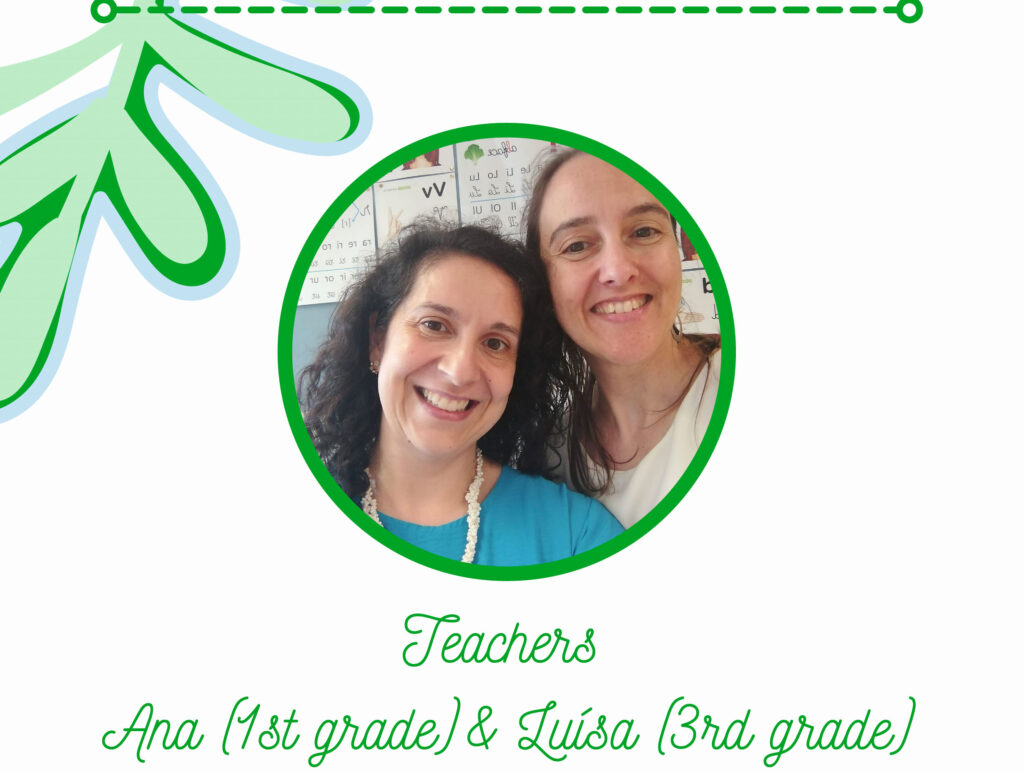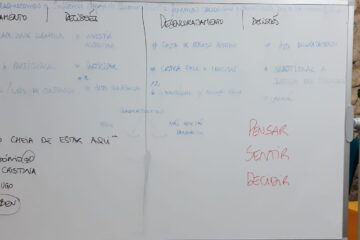
Students were very engaged and enthusiastic from the start.
What stood out most were theinteractive moments—especially the icebreakers with compliments and the class meetingswhere they learned to solve problems together. They became more aware of their emotions and began expressing them in healthier ways, showing greater empathy and improved communication. However, in informal situations without adult supervision, many still struggle to apply what was worked on in the sessions.
A moment that really touched the 3rd-grade class happened during a class meeting, when a usually quiet student shared a personal challenge. The classmates listened with sincere empathy and support, showing how much trust and connection had grown in the group.
The structure and materials were also very helpful—especially the talking stick, which encouraged respectful turn-taking. Above all, compliments became a daily habit, creating amore positive, caring classroom atmosphere.
For the youngest children, around 6 years old, the original sessions were not entirely suitable. They were too long and required reading and writing skills they hadn’t yet developed. It was necessary to simplify the content and divide many sessions into two or three shorter parts.
